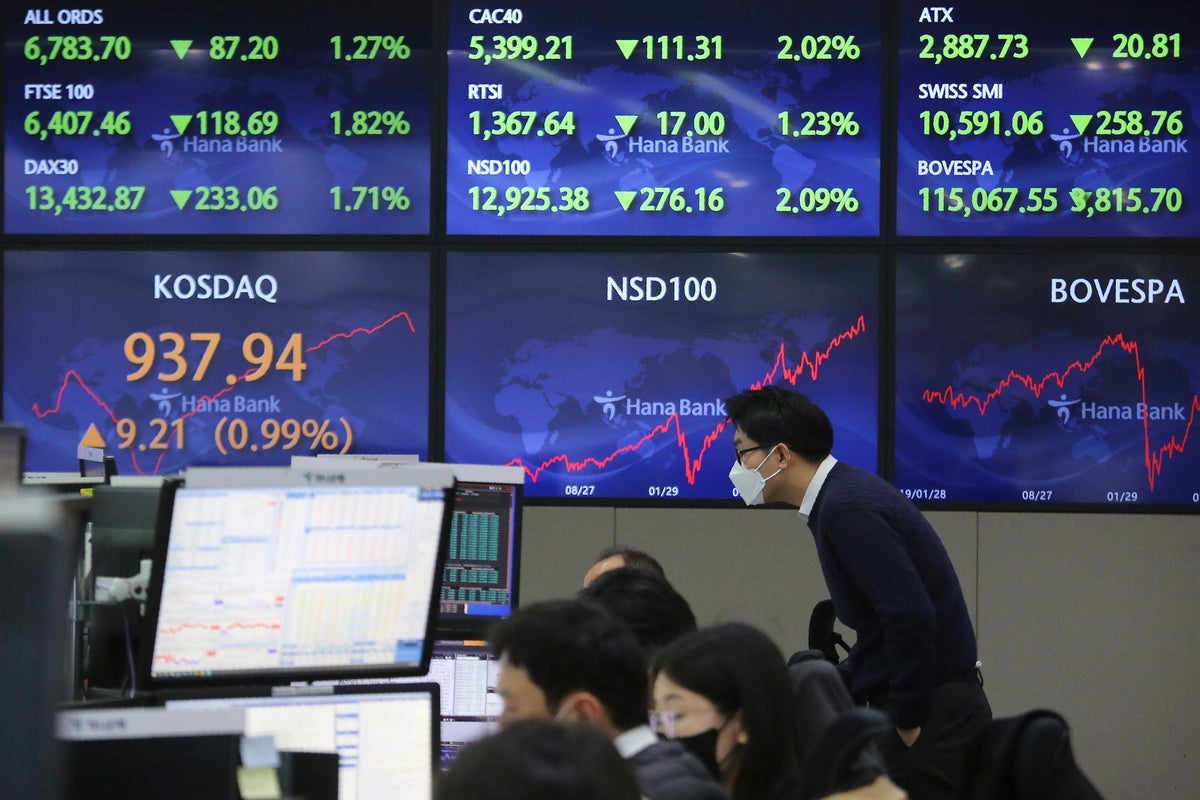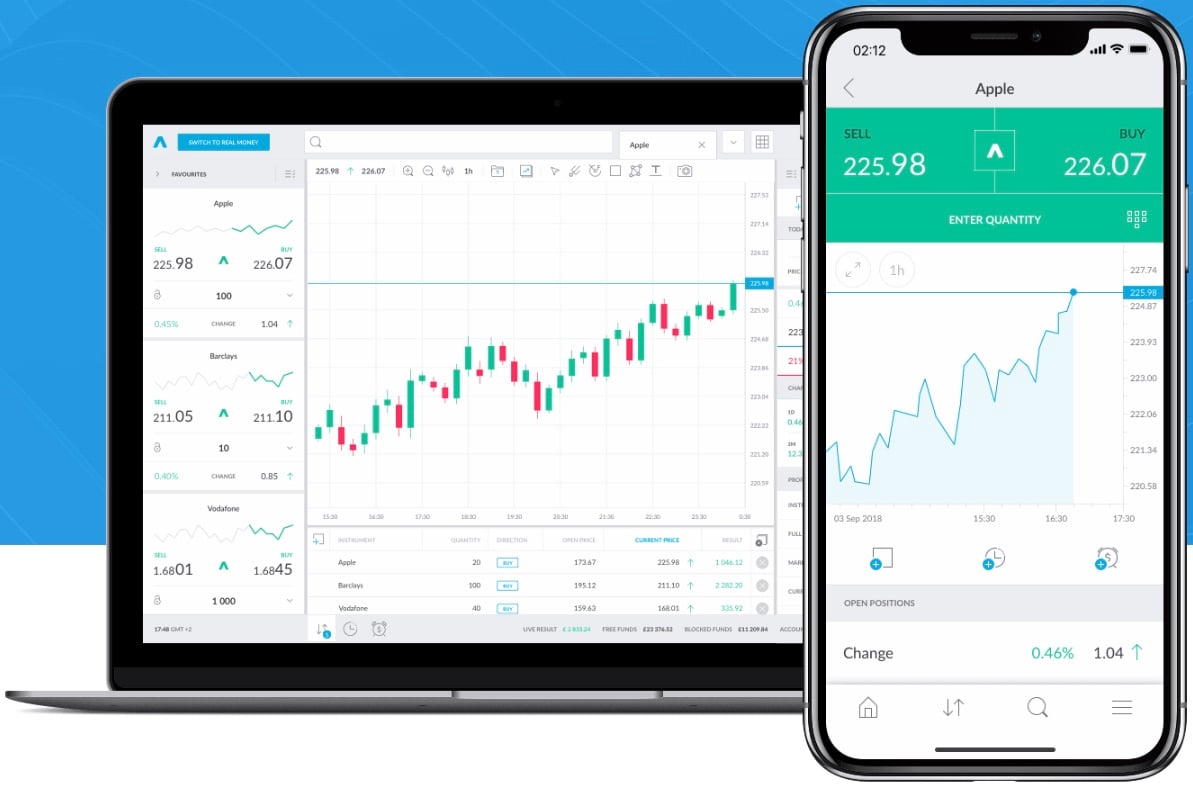
Trending News

It is not easy to make profits in the financial markets, including stock markets, because it requires multi-skilling to identify appropriate risk vehicles, take positions at the right time, manage them smartly, and finally make an exit when they sense any adverse opportunity cost, explains Peter DeCaprio. Although most traders and investors can perform the tasks smartly, most falter when timing the exit positions.
Exiting at the right time is not difficult, but it requires close attention to the price action to pick up clues that hint at trend change, including large-scale reversal. The choice is easier for short-term traders than long-term investors who have the mindset of walking away and open positions while firmly holding through the ups and downs of long cycles the pressures of buying and selling.

Increase profits with the right exit timing
Buy and hold strategies effectively minimize losses with an eye on the price movements and the market conditions. But, for greater profits, it is necessary to add exit timing mechanisms because they address the shift from open outcry resulting from specialist matching to algorithmic codes seeking price levels that compel traders and investors to give up exit positions.
Long-term strategies are likely to become more untenable in the future due to the growing predatory influence. Since most trades/ positions are liquid enough to exit, you can take a call when you see some warning signs discussed below.

High-volume days
Tracking average daily volume over 50/60 sessions and identifying the trading days that post three times the daily volume of higher is one of the most critical tasks for investors and traders to detect events that help take timely decisions about exiting. According to Peter DeCaprio, when the events occur in the direction of the position, it is a favorable sign, and when they oppose the position, you must treat it as a warning sign.

Failed price swings
For 80%-85% of the time, markets are caught in trading ranges while trending happens for just 15% to 20%. Consolidation of recent price changes occurs when strong trends in both directions within the trading range exhibit lower volatility levels and encourage profit-taking.
It is not only natural but part of healthy trend development. However, if the trading range exits the opposite direction of the earlier trade swing, the trading range becomes a top or bottom.
Price action triggers an early warning for a trend change if a trading range gives away as expected, leading to a breakdown or breakout but reverses soon, and the price jumps back within range boundaries. These failed breakdowns are warning signs that predatory algorithms target short-sellers in a downtrend and investors in an uptrend.

Trend changes and moving average crosses
Moving averages in the short-term (20 days EMA), intermediate (50 days EMA), and long-term (200 days EMA or exponential moving average) allows instant analysis by referring to the relationships between the three lines. When the short-term moving average cuts through the long-term moving average, it poses a danger for long positions. When the short-term average moves above the long-term, it poses a risk for short sales.
Knowing the danger signs should help to make a timely exit.
Peter DeCaprio points out when to exit a trade
Source: Kalayaan News PH



0 Comments